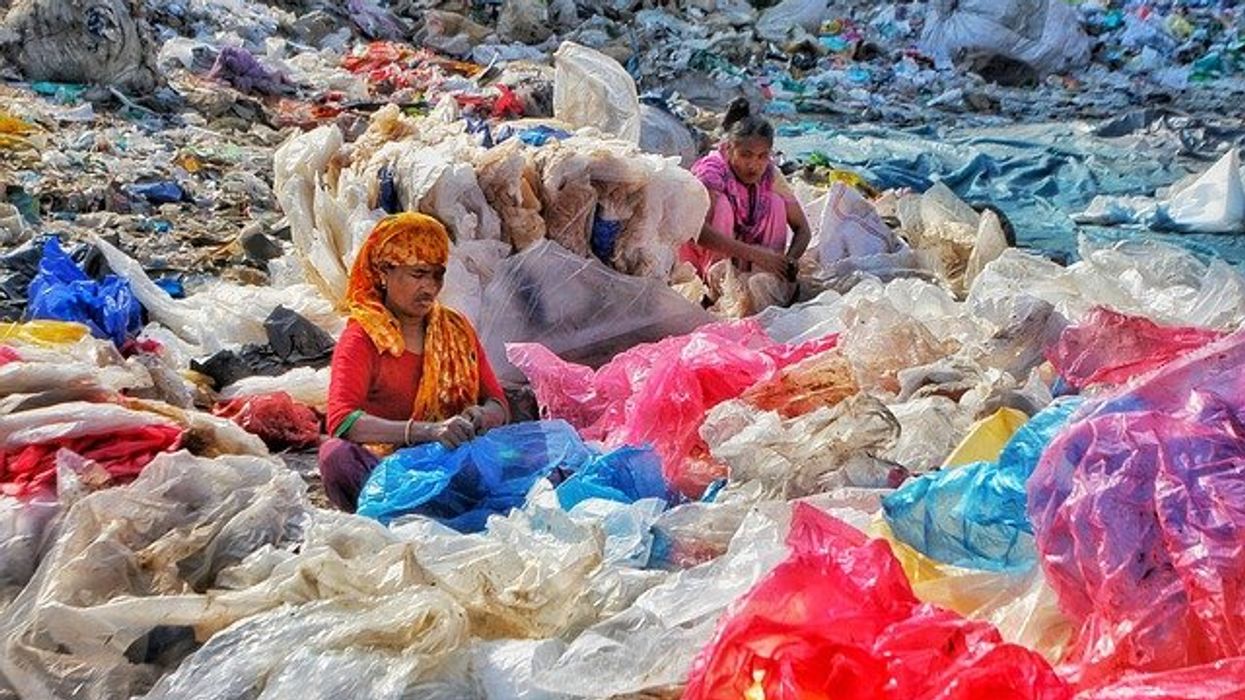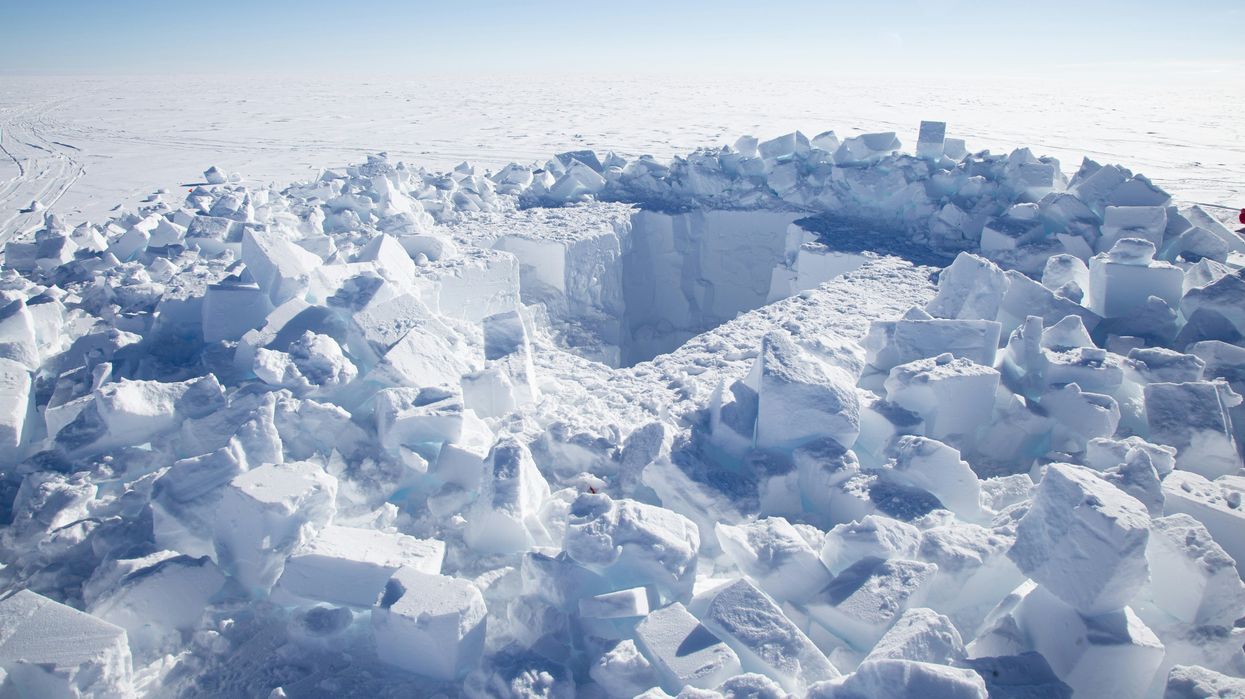Recent U.N. talks in Ottawa reveal significant resistance by major oil producers, including the U.S., to stringent global plastic production caps.
James Bruggers reports for Inside Climate News.
In short:
- The U.N. negotiations aim to finalize a global treaty to end plastic pollution by year-end, but disagreements persist.
- Environmental groups criticize the U.S. for insufficiently addressing plastic production, rather than just consumption.
- U.N. officials express optimism, highlighting progress on treaty drafts and upcoming intersessional work before the next meeting.
Key quote:
"We leave Ottawa having achieved both goals and a clear path to landing an ambitious deal in Busan ahead of us. The work, however, is far from over."
— Inger Andersen, executive director of the U.N. Environment Program
Why this matters:
Plastic has become a symbol of environmental crises. It is estimated that millions of tons of plastic waste end up in the oceans annually, harming marine life and entering the human food chain through seafood consumption. The health implications are increasingly concerning, as studies suggest that microplastics might impact human health through unknown pathways.

















